INTERNATIONAL WOMEN'S DAY SPECIAL
TANIA OMOTAYO SPEAKS CANDIDLY ABOUT ENDOMETRIOSIS
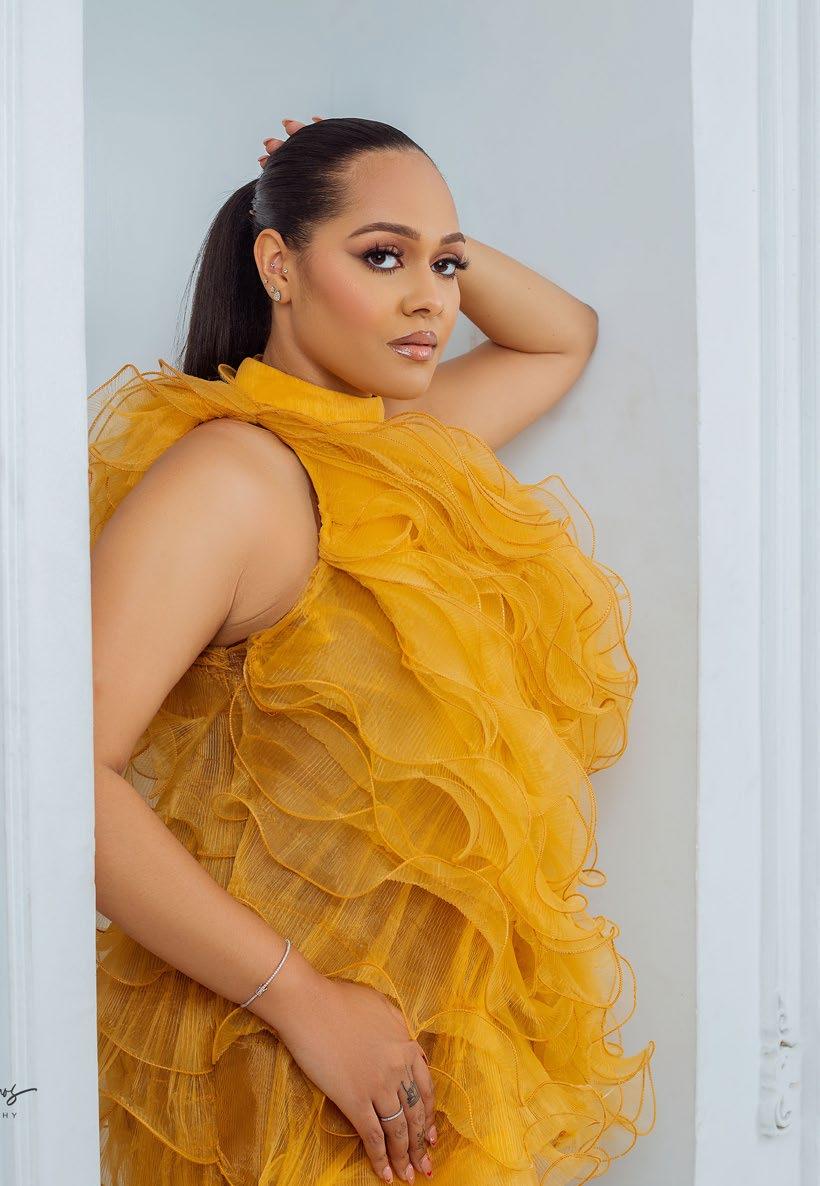
ARAFA UKONGA IS EMPOWERING WOMEN THROUGH DANCE , CLOTHES AND EVERYTHING ELSE
BALOGUN, OON Hairat Aderinsola BALOGUN, OON


Hairat Aderinsola
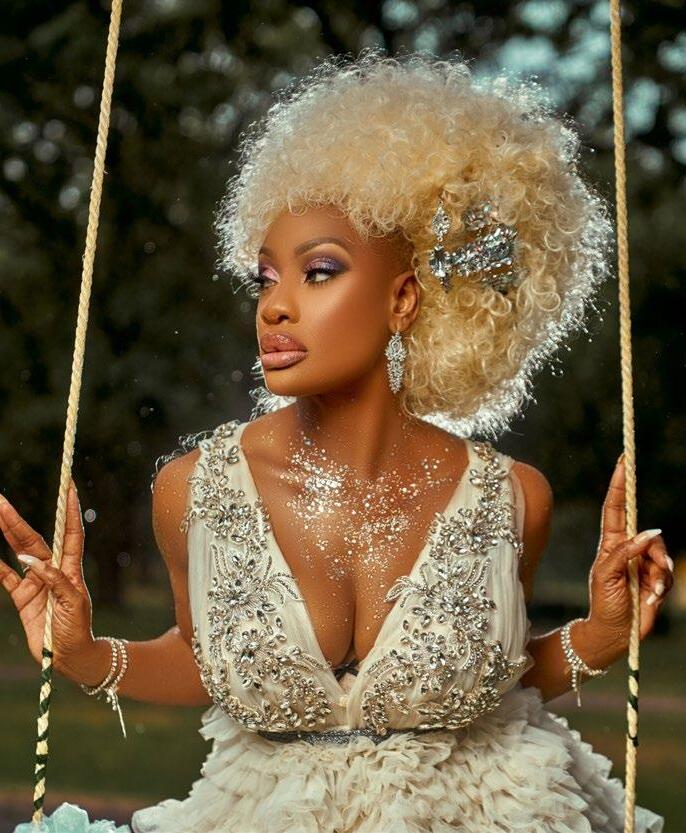
WhenI got the call for an exclusive interview with Hairat Balogun, OON, the first female Life Bencher and first female Attorney general of Lagos state, I honestly didn’t know what to expect. But getting to meet her, I realised she is a very kind but firm societal elder. She seemed to strike the right balance; evident in our conversation and her making jokes about coming to the office so she could fight with her son, Afolabi. All of these were well and good, but what struck me is how at 81 years old, she still wakes up, gets dressed and comes to work, arriving before her son and partner.
It reminded me of my grandmother. She was up at 5.30am every day and showered before 7.00am. She was also 80-something at the time. You’d see her taking walks around the property, examining all sorts of leaves and plants in our home. She went on to live till she was 110 years old and still got up early till she was in her late 90s.
The discipline they had could have also originated from their foundation. Their parents taught them to be up bright and early and go straight to school or the farm and work as they grew up.
Day after day, they did this until a routine was established. No wonder the bible says to teach a child the way he should go, and when he is grown, he will not depart from it. So ingrained in their system it became that, as TheWill DOWNTOWN cover personality this week said, “I don’t know anything else.”
Does not waking up early determine how disciplined a worker you are?
It’s different for some these days— this does not apply to people who have regular hours; it’s more to techy guys who work all night and so have to sleep in the next day.
In a situation like that, it’s a clear-cut case of change in times, and as such, not waking up early doesn’t necessarily mean you are unserious. It is, in fact, the opposite with the techies because they are making the cool bucks while others are snoozing away.






Until next week, enjoy your read.
04-05
Editor: Onah Nwachukwu @onahluciaa


Editor-at-Large: Chalya Shagaya
Writer: Kehindé Fagbule
Graphic Design: Oludemilade Aremu ‘Remus’
Digital Media: Oladimeji Balogun
Guest Art Director: Sunny Hughes ‘ SunZA’
08-10
Say



Dorcas Akintoye

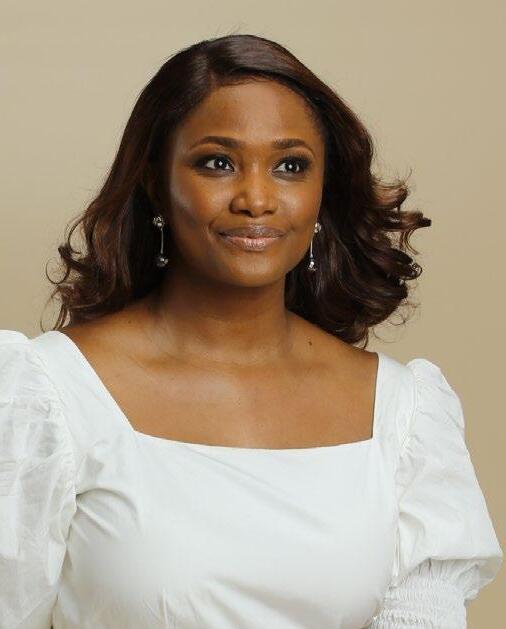

Dorcas Akintoye is a dedicated writer with more than 2 years prolific experience in writing articles ranging from food, entertainment, fashion and beauty. She has a National Diploma in Mass Communication from Kwara State Polytechnic, Ilorin. She loves writing, listening to music and playing scrabble. She is a highly-skilled, enthusiastic, selfmotivated professional writer.
Eddie Madaki
- Contributing Writer
Eddie Madaki is a Luxury Brands Development and Marketing communications expert, a certified salesforce driver with over 15 years of professional experience in growing commercial, political and personal brands in Nigeria, developing and executing compelling B2B and B2C marcomms strategies for multilateral, commercial and SME brands across the country. He is a trained marketer and McKinsey and company salesforce transformation agent with over ten years of background working in private banking. He holds a B.Sc in architecture from the University of Jos.
He currently is the Meta Luxury Manager for William Grants and Sons Nigeria.
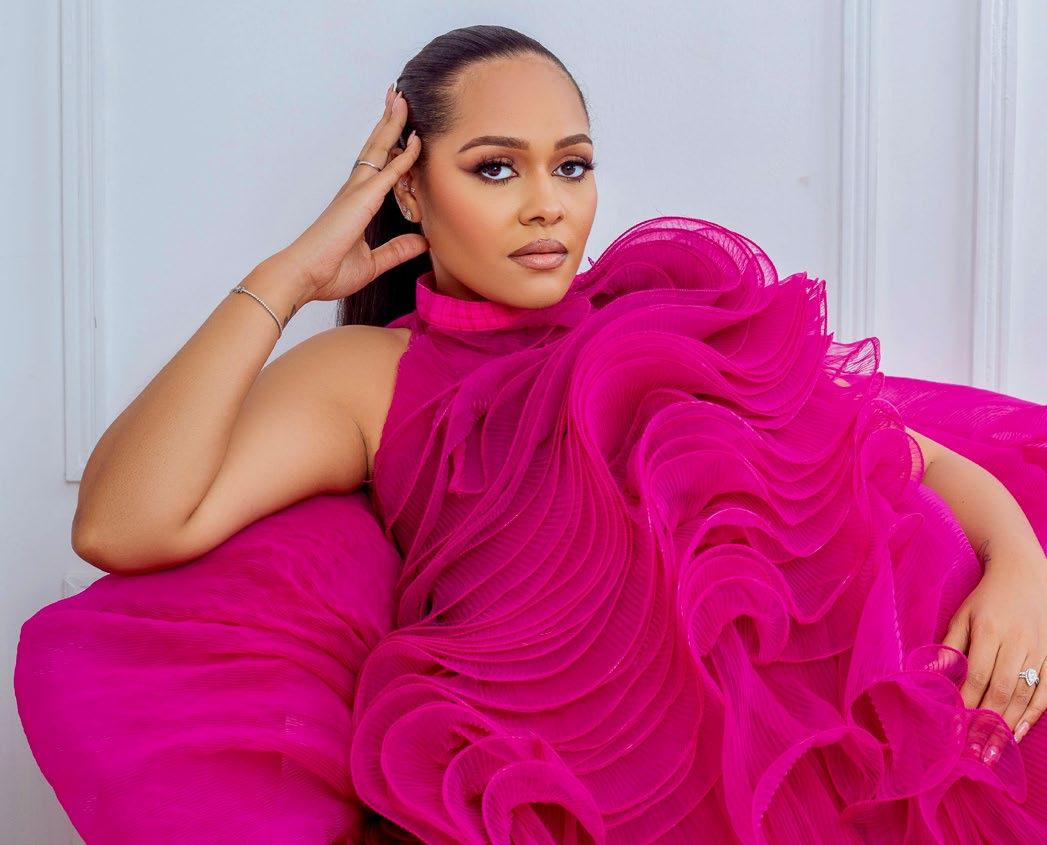
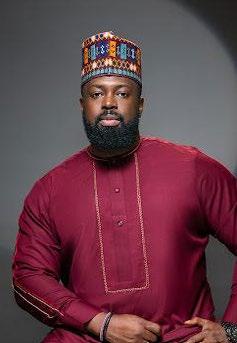
VOL 3 NO. 10 • MARCH 05 - MARCH 11, 2023 PAGE 2 THEWILL DOWNTOWN • www.thewilldowntown.com www.thewilldowntown.com thewilldowntown thewilldowntown Onah Nwachukwu @onahluciaa + 2349088352246 Odun Ogunbiyi @oddbodandthecity - Contributing Editor Odunayo Ogunbiyi is an ex pharmacist with a passion for food and pampering. Writing about her exploits wherever in the world she may find herself is just her way of staying sane in this zany world. Boluwatife Adesina @bolugramm - Contributing Writer Boluwatife Adesina is a media writer and the helmer of the Downtown Review page. He’s probably in a cinema near you. Photo: Kola Oshalusi @insignamedia Makeup: Zaron CONTENTS Ant-Man and the Wasp: Quantumania 06-07 16 14 -15 12 13 11 REVIEW FEATURE BEAUTY CULTURE MADAKI'S CHEST OF LUXURY HEALTH AND WELLNESS Arafa Ukonga is Empowering Women Through Dance, Clothes And Everything Else Tania Omotayo On Endometriosis Quick Skincare Routine to Ignite Your Glow For International Women's Day Inequality in the kitchen The Perfect Meal and Whisky Pairing with a 26-Year-Old Single Malt
EDITOR’S NOTE
Scotch
FASHION
COVER
4 Ways to Keep GoldPlated Jewellery From Tarnishing
Hello to The First Female Attorney General of Lagos State, Hairat Aderinsola Balogun, OON
AUSTYN OGANNAH PUBLISHER/EDITOR-IN-CHIEF
WHAT YOU SAID @chikahousel @i_am_abiegael INSTAGRAM WHATSAPP
wow
Lovely Elizabeth
This had me blushing

PAGE 3 THEWILL DOWNTOWN • www.thewilldowntown.com VOL 3 NO. 10 • MARCH 05 - MARCH 11, 2023
4 WAYS TO KEEP GOLD-PLATED JEWELLERY From Tarnishing
BY DORCAS AKINTOYE

Fashion jewellery is made using different materials, such as platinum, gold, silver, diamonds, and gemstones, which can be costly. Luckily, fashion jewellers worldwide have been able to design jewellery crafted with more common components like plated metals, beads, semi-precious stones, and glass, making them more affordable and guilt-free. These materials serve as an alternative to creating a similar look and style to fine jewellery without spending the actual high cost of gold and diamonds.
One thing about plated jewellery is that it can't last forever. Still, you can minimize the signs of wear and extend their longevity by taking care of them properly and, most importantly, choosing well-crafted pieces.
Gold is one of the most valuable resources in the world, and they last for a very long time, provided they are cared for properly. Cleaning plated gold is more like an extra step, but at the same time very simple and requires no high-tech materials. You may already own everything you need to improve the shine of your gold-plated jewellery. Even though it's not easy for you to control the air around you or even the skin you live in, there are many ways in which you can control how you take care of your jewellery. Below are ways to keep your gold-plated jewellery from tarnishing.

VOL 3 NO. 10 • MARCH 05 - MARCH 11, 2023 PAGE 4 THEWILL DOWNTOWN • www.thewilldowntown.com FASHION
CHIOMA GOODHAIR IKOKWU
1
Avoid Unnecessary Contact With Moisture And Liquids

The fastest way to tarnish your jewellery is by contact with moisture and liquid, which includes lotions, water, perfumes, sweat, and even the oils on your skin that can wear down the plating and metals over time. It's very important to keep your gold-plated jewellery dry always. The golden rule is to make your gold-plated jewellery the last thing to put on and the first thing you take off. If you get your jewellery wet by accident, be sure to wipe and dry them off immediately.
Store it Properly
You need to store your jewellery correctly. Most of the jewels you buy come with a cloth pouch, which you can

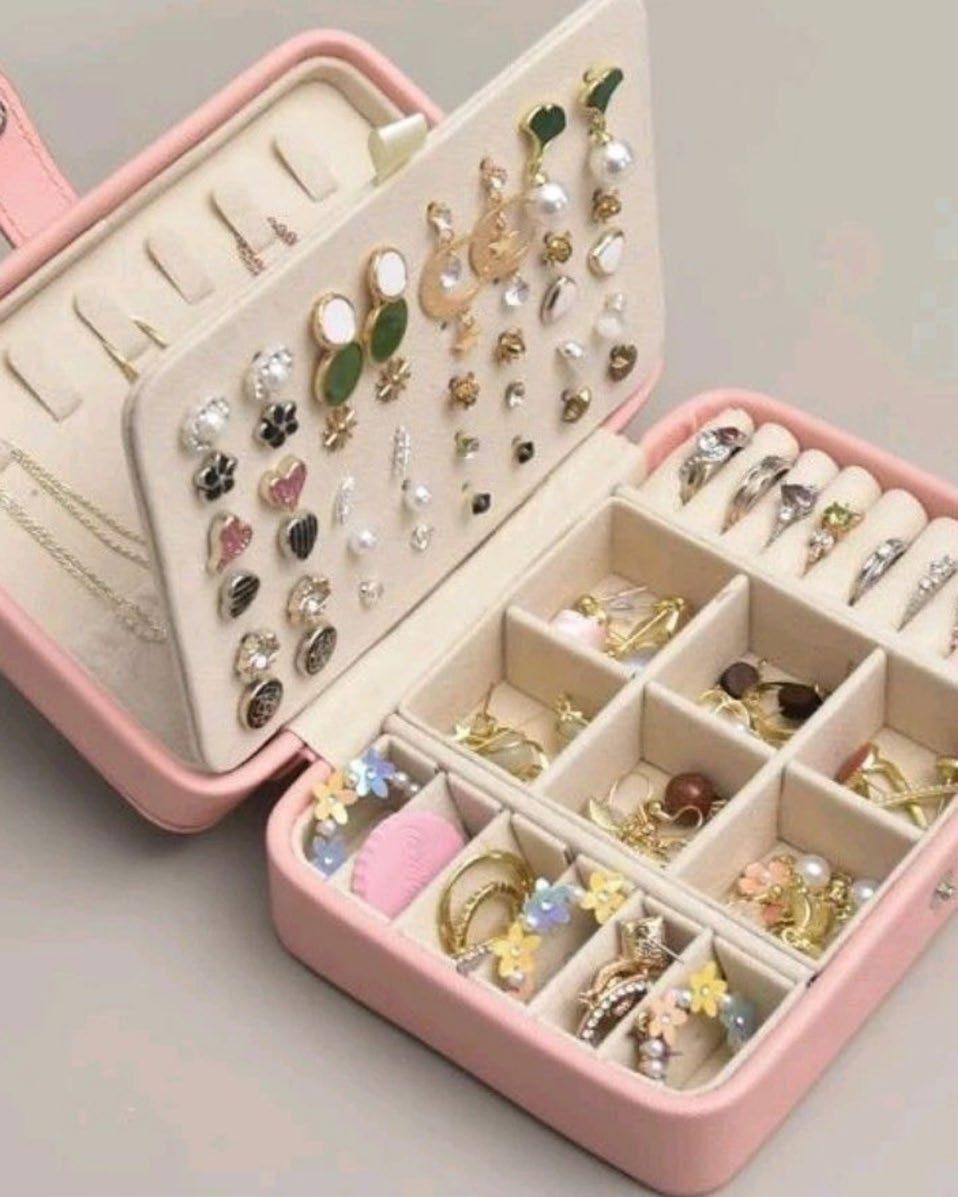
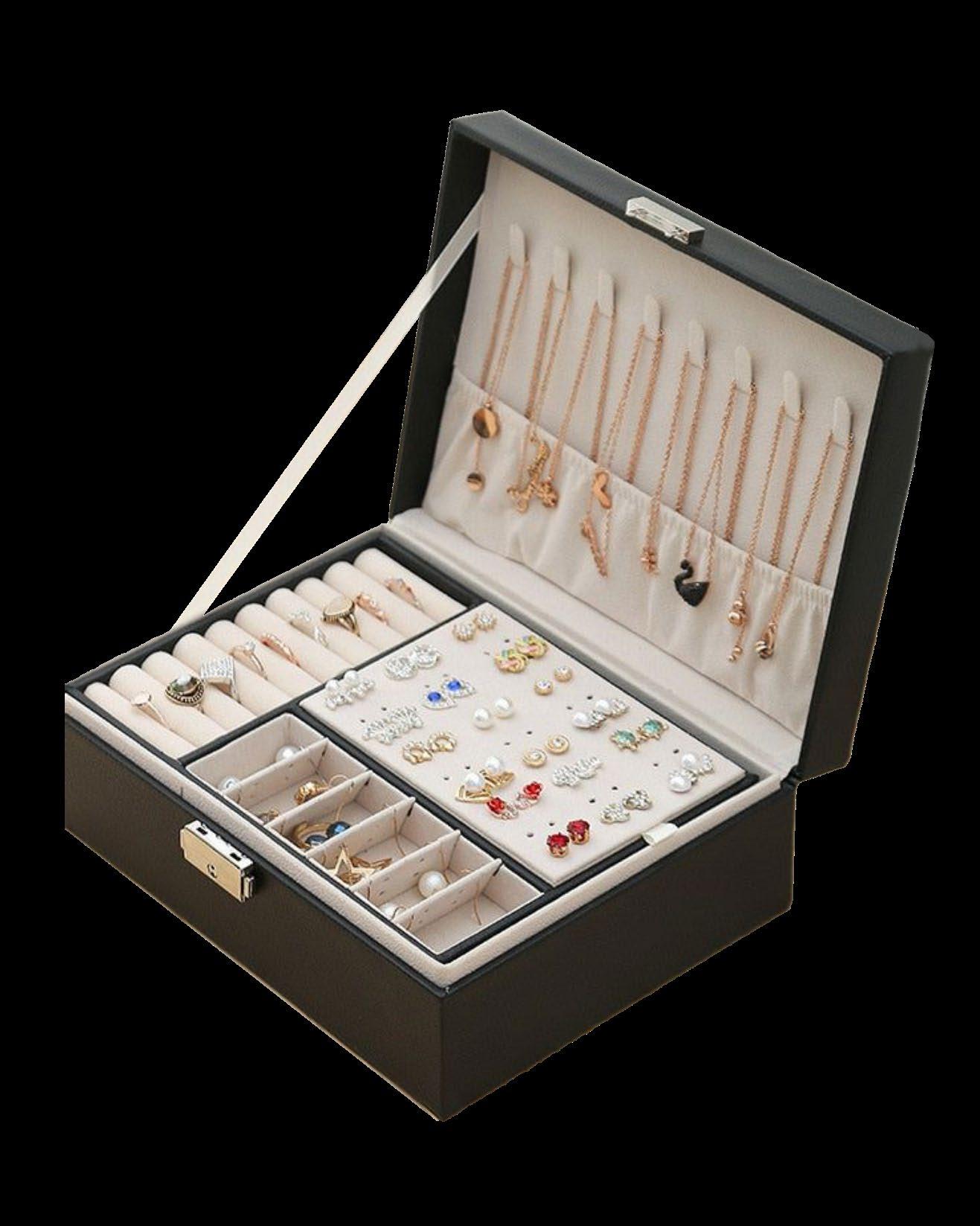
2 4
Buff Them With a Microfiber Cloth
After washing and drying your gold-plated jewellery, buff it with a soft microfiber cloth. Oil on the skin can make the gold flake off, but buffing can

HOW LONG SHOULD GOLD-PLATED JEWELRY LAST?
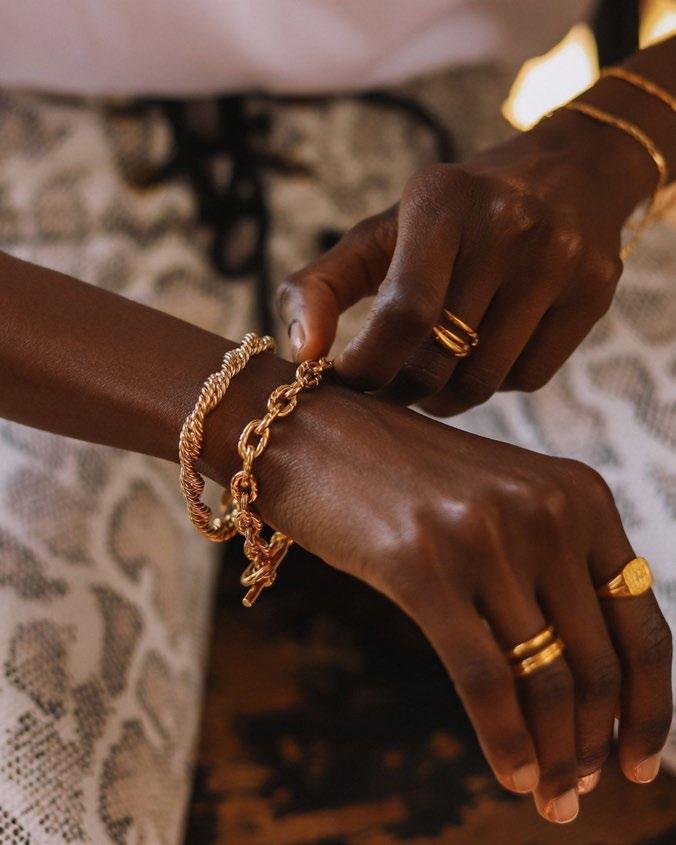
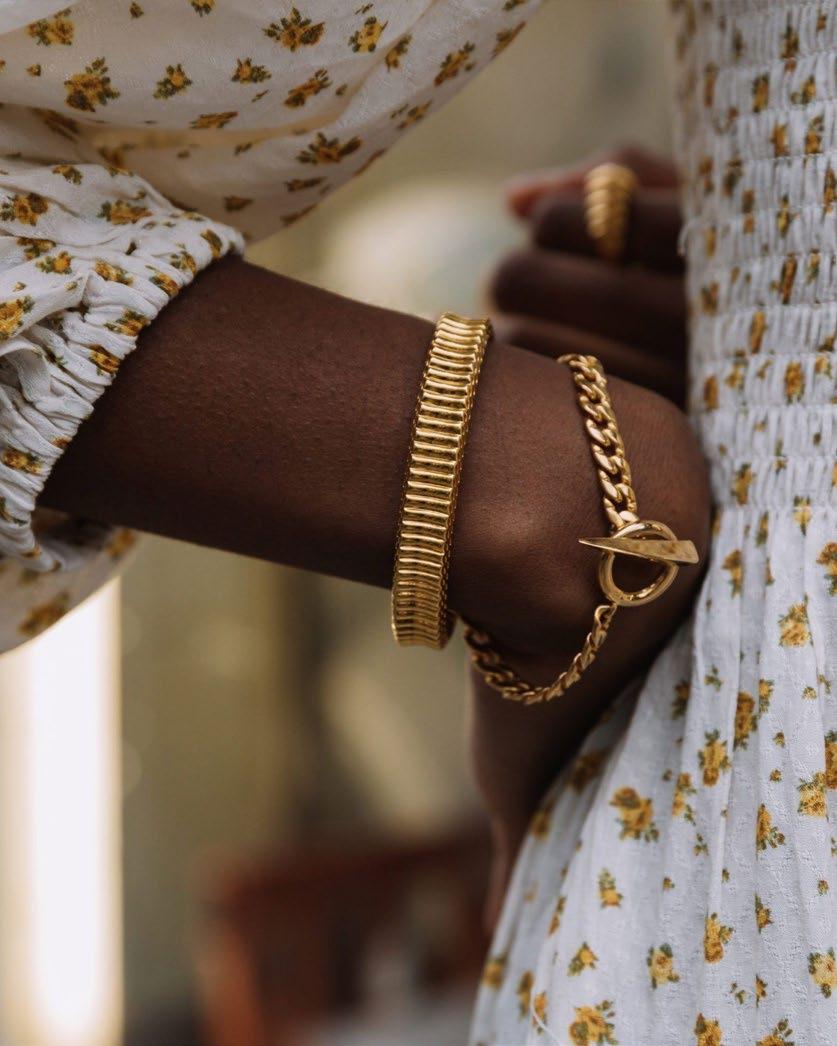
High-quality gold-plated jewellery can last up to five years or more if properly handled. It's just a matter of keeping them away from elements like salt, water, sweat, high humidity, chemicals, etc. If your jewellery starts to fade, you can restore your beloved pieces by learning how to fix tarnishing or making it new again through replating.
Try a Jewellery Protectant Spray
The protectant spray will give your jewellery a protection shield to fight the elements contributing to tarnishing. They assist in protecting your favourite pieces for a more
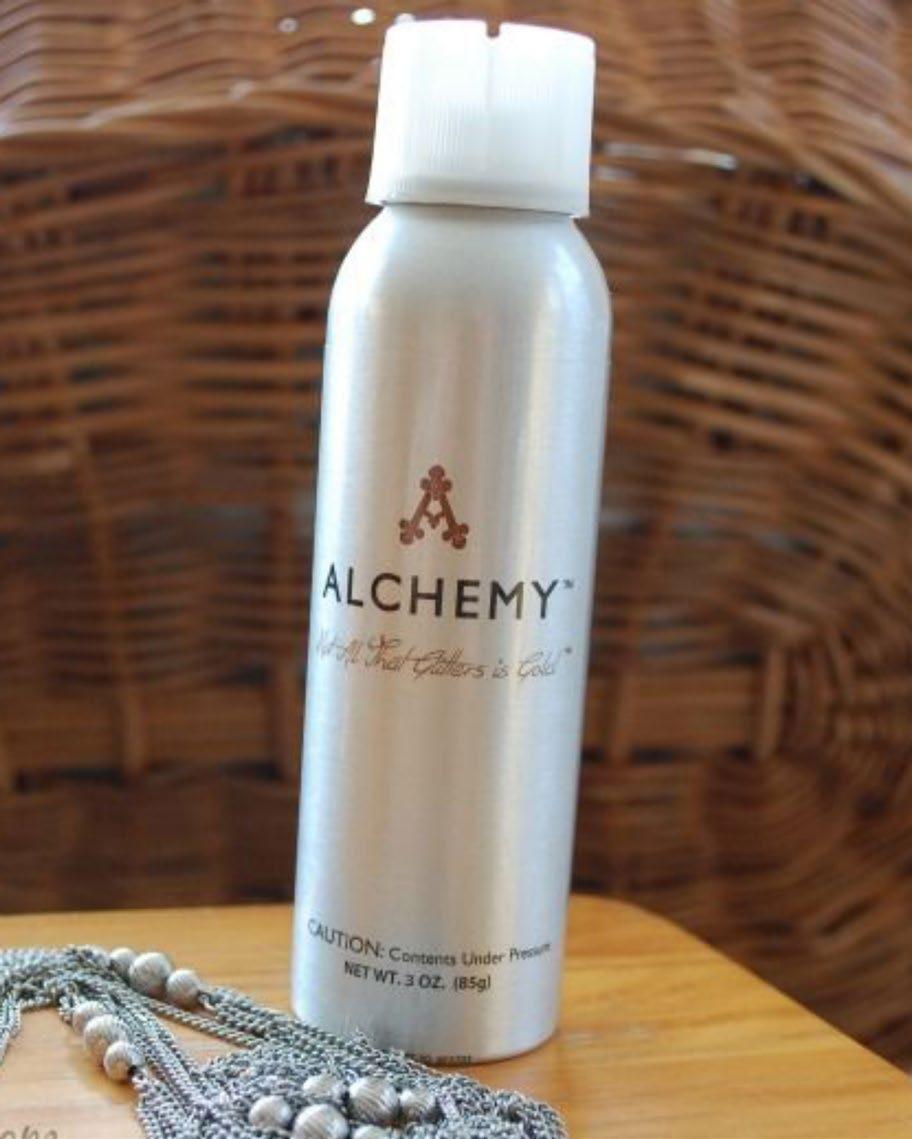
PAGE 5 THEWILL DOWNTOWN • www.thewilldowntown.com VOL 3 NO. 10 • MARCH 05 - MARCH 11, 2023
3 FASHION
HEALTH AND WELLNESS
CANDID MOMENT WITH ON ENDOMETRIOSIS TANIA OMOTAYO
 BY KEHINDÉ FAGBULE
BY KEHINDÉ FAGBULE
Perhapsone of the most significant characteristics of life, reproduction is an integral part of the continuity of the human race. And although it takes two to tango, a pretty large chunk of reproductive responsibilities are weighed on women’s backs from puberty until menstruation. For most women, the privilege of housing a child of their own and nursing its life from inception is sacrosanct. But this is not the case for some who have to battle against infertility, with the leading cause being endometriosis.
Endometriosis, which does not automatically translate to infertility, happens when tissue that is similar to the tissue that lines the woman’s uterus, grows outside of the uterus.
To discuss this medical complication, DOWNTOWN spoke to actress and fashion entrepreneur Tania Omotayo. Having battled endometriosis until her early 20s, the founder of Ziva Lagos—a ready-to-wear fashion brand that caters to modern women—welcomed her beautiful daughter four years ago. She shared her experience battling a condition long before she knew exactly what she was up against and came out victorious in the end.
VOL 3 NO. 10 • MARCH 05 - MARCH 11, 2023 PAGE 6 THEWILL DOWNTOWN • www.thewilldowntown.com THEWILL DOWNTOWN • www.thewilldowntown.com
Take us back to the beginning. What were detection and diagnosis like? How did you find out, and what was your reaction after you were diagnosed?
Formany years during my teenage years, I had really bad periods, very heavy and very painful. I always knew deep down that something wasn’t right, but no doctor seemed to be able to figure it out. God bless my father because he took me all over the world from doctor to doctor, trying to figure out what was causing me so much pain, but most GPs couldn’t figure it out, and I even had one in Austria tell my father to my face that there was nothing wrong with me and I was just looking for attention. Even though I knew it wasn’t right, I gave up trying to figure out what it was. In 2014 I was in SA on a work trip, and I was scrolling through Instagram and came across Tanzanian Model Millen Magese’s Instagram post about her struggles with endometriosis. I remember screaming to my colleagues and telling them this was what I had, and it felt like I was reading about myself. There and then, I googled endometriosis specialists in Johannesburg, and I found one with incredible reviews. I called and booked an appointment immediately and called my dad to send me extra money.
During my scan, my doctor stopped for a moment and said, “I can’t imagine how much pain you’ve been in, your ovaries are covered in cysts, and you have stage 3 or 4 endometriosis, but we need to perform surgery asap to be able to properly diagnose you.”
My whole life flashed before my eyes, and I also felt my heart break into tiny little pieces. I was so devastated because I honestly hadn’t really researched it; I just thought I wouldn’t be able to have kids. I cried like a baby right there in the doctor’s office. But I also felt vindicated as I finally
knew what was wrong with me after years of pain and trauma. A couple of days after my diagnosis, I had my first laparoscopy surgery.
Of course, you had your family and loved ones with you through this journey. Were you also able to connect with other Nigerian women going through a similar predicament as you? When I shared my journey with endometriosis on my YouTube channel, the response I got was unbelievable. I got so many messages from women and even parents who thought


my eggs. And that was what I did till I had my daughter at age 26. I followed the doctor’s orders, and I was blessed enough not to have fertility issues. But I will say that during my pregnancy, I was on edge and always expected the worst. I never thought I would be able to carry to term and deliver my baby naturally.
For some women who can’t beat the disease, alternative reproductive methods are what they turn to. What are your thoughts on adoption and surrogacy in Nigeria?
I’m all for alternate methods of reproduction. It’s not a crime to not be able to carry a child or get pregnant. And thankfully, we have many options now, so I think women should use them if they have the opportunity. There are many credible adoption and surrogacy agencies in Nigeria now, and I think that’s amazing.
What do you think needs to be done to help Nigerian women with their reproductive health? Legislation? Public education? What does the government need to do?
I think General Practitioners (GPs) need to be educated. A regular GP will not look for endometriosis when you complain of the symptoms because that’s not their area of expertise. But women also need to be educated because if you don’t know what to look for, it’s very hard. It took me over nine years and over a dozen doctors to figure out that I had endometriosis. If I had known what to look for, it wouldn’t have taken me that long.
How did you feel about your healing when you found out?
I was broken for a few months, but I had incredible support and was very okay with alternative methods to having children. If I couldn’t have a child naturally, I would have done IVF or surrogacy. If that didn’t work, I definitely would have looked into adoption. I remember my prayers over the years till I had my daughter. I prayed to God to just let me be able to carry one child at least, so I could experience it. And I’m so grateful that I was able to experience pregnancy. It’s a blessing I will forever be grateful for.
What piece of advice do you have for women who are battling endometriosis?
The most important advice I think I can give is never to miss a doctor’s appointment and to get regular checkups. The problem with endometriosis is that it can be recurring. So if you don’t get checkups after surgery, it can come back and cause more harm.
Endometriosis can make getting pregnant difficult, and we are all aware of the stigma that barren or childless women face, especially here in Nigeria. What kept you going through this period of your life fighting for your fertility?
I think it’s very important for me to say that endometriosis doesn’t always equal infertility. Infertility happens when it goes unnoticed and untreated. Luckily for me, I found out when I was 21/22 years old, and I was still very fertile. I asked my doctor about freezing my eggs, and he said I didn’t have to because I was fertile and young. All I had to do was make sure I got checkups every 6 months to make sure everything was still on track. And only if anything changed would I need to freeze
THEWILL DOWNTOWN • www.thewilldowntown.com VOL 3 NO. 10 • MARCH 05 - MARCH 11, 2023 HEALTH AND WELLNESS
“The problem with endometriosis is that it can be recurring. So if you don’t get checkups after surgery, it can come back and cause more harm.”
SAY HELLO TO THE FIRST FEMALE ATTORNEY GENERAL OF LAGOS STATE
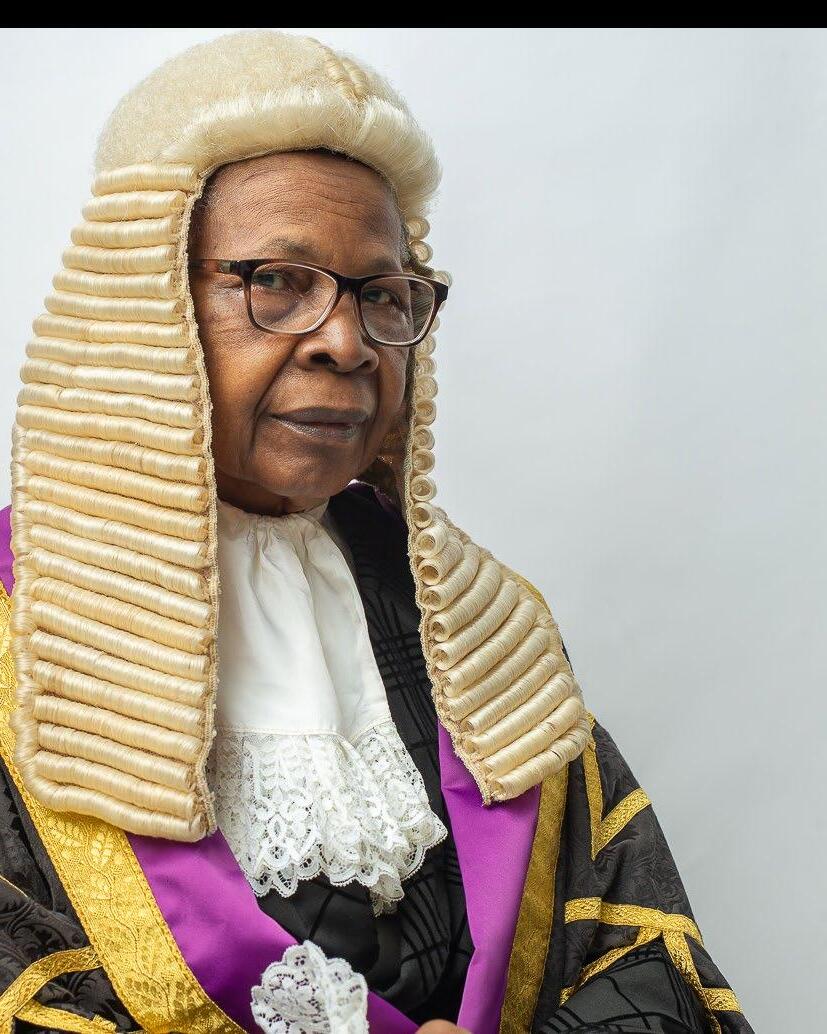
Hairat Aderinsola Balogun, OON
Afirst glance of Aderinsola Balogun, OON, you would see a smartly dressed woman still in good form, wearing the signature colour of lawyers—black and white. At this meeting, she is wearing a trouser suit. It doesn’t occur to you that she is an 81-year-old lady, especially as she still comes to work at 8.00 am. And just like her days serving as the Attorney General when she arrived before the Governor, today, she gets to the office first, even before her much younger business partners.
Hairat Aderinsola Balogun, OON did and still does an exceptional job as a legal practitioner today. Balogun’s legal career is unrivalled on the pulpit of equity, where women dare to challenge the status quo and show their mental capacity to thrive exceedingly in traditionally male-dominated fields.
“A woman of many firsts!” is the befitting appellation to describe Hairat Aderinsola Balogun, OON, first female Attorney-General of Lagos State, first female General Secretary, Nigerian Bar Association (NBA), first female Life Bencher( Chairlady, Body of Benchers), and first female President and member of Rotary Club Lagos. She was also the second woman Attorney General in Nigeria during the military regime of Governor Gbolahan Mudasiru. She is also a Life Bencher.
As she bids someone who may have been a guest or client goodbye, her son, Afolabi Balogun, a partner at their law firm, Libra Law, introduces us as she shows me to her office. In there, we (Mrs Balogun and TheWill DOWNTOWN Editor, Onah Nwachukwu) began the hour-plus-long conversation about her tenure as the first female Attorney General of Lagos State, Nigeria.
VOL 3 NO. 10 • MARCH 05 - MARCH 11, 2023 PAGE 8 THEWILL DOWNTOWN • www.thewilldowntown.com COVER
ONAH NWACHUKWU
You were 21 years old when you graduated and called to Bar at that young age. Why did you come back to Nigeria, and what was it like practising as a young lawyer in Nigeria?
I came back because the law was passed that any graduate after the 31st of December 1962 had to come and do a Post Graduate practical course of three months in Nigeria, and if you didn’t do it, it would affect your standing at the Bar because the people who have done it are registered, so they will be your seniors. So it was better to return as soon as you’re qualified, do your three months, and get enrolled. If you want to go back, it’s okay. If you want to get a job, you’ll start. Now, at the Law School, Igbosere, Lagos, in my particular class, there were 57 of us, and I was the youngest— most of my classmates were men in their 50s. So I decided right at the onset when I entered that school that I wasn’t going back for anything. I had done a few weeks of practical courses, and I didn’t want anybody to be senior to me who actually passed the exams after me. So I just decided I would rather practise law. I didn’t want to get a job, even though there was one waiting in the ministry. When we did the exam, we were not graded on first, second, or third classes; it was either pass or fail. But we were told that four of us did excellently well. One of them became the interim president of Nigeria, Earnest Shonekan. The other one became the president of the World Court, Prince Bola Ajibola SAN. Then Akin Delano eventually became a commissioner in Ogun State.
From then, how long did you work before getting appointed as the Attorney General? I worked from 1967, and I was appointed AG in 1984. It was during the military regime.
Youstudied at the Lincoln Inn in the UK in 1963, right?
I finished in 1963. I started my studies in 1960. What was it like as an African woman studying law in a place where there were mostly white people?

Let me go back to the beginning. I left Nigeria at age 12 to attend secondary school in the UK. It was an all-girls school. And this was a private secondary school— so you can imagine, there would scarcely be a black face unless it was the daughter of a king somewhere in Africa or a black country or the daughter of a diplomat. An ordinary person would not be there, so you wonder how did I get to such a school? There were 250 students, girls, starting from Form 2 till the 6th form. By the 6th form, you are supposed to have done your A-levels. So when I got there, I entered Form 3, Upper 3 is where they put me, but I wasn’t allowed to start school that term because the term had started for a few weeks—the term starts in September—so I was told to come back in January. While I waited, I was sent to a guardian who was to take care of me till I was old enough because that time, you were old enough when you were a 21-year-old.
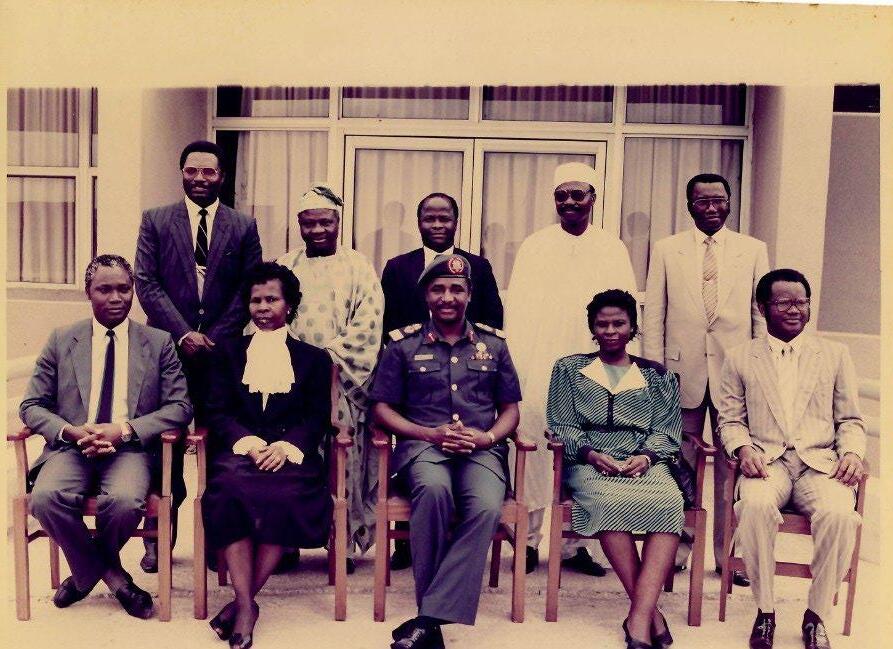
So I returned to my guardian, who enrolled me with an elderly retired professor to teach me English literature, geometry and algebra. I had not done any of those two because I was only in primary school when I left. So he taught me well, particularly in Latin, and I enjoyed it. School started in January, and I had to face what it was like to be in an all-white environment. Maybe they were looking at me thinking I was a toy and not a real person, so I didn’t have any problems with discrimination. One day, I didn’t know what we were discussing, and one girl just spat on the floor. I was wild; I hit her. I just stood up and slapped her, and she told the mistress I had attacked her. I was cautioned, and that’s about the only time I encountered anything close to racism. By the time I left school, I was like a celebrity because I got into sports. I wasn’t very good at tennis, but I was good at umpiring, so they made me an umpire. I was also in the netball team, usually as a goalkeeper, and I was very good at it. I was also involved in horse riding and swimming.
“I’ve always resumed office at 8 o’clock. In fact, when I went to government service, I used to get there at 7:30am . I’m used to it; I cannot do any different. Getting here at 8:30 or 9am is late, and my morning routine doesn’t provide me time to be late... Even if you say forget about the time, why are you still coming to the office at this age? I don’t know anything else. I’m happy doing my job. ”
First of all, if they knew anything about me, it must be my activity in NBA (Nigerian Bar Association) because, before that time, I had been secretary of the bar for two years, from 1981 to 1982, 1982 to 1983. So at least, I have that administrative (experience). One day, a man came to my office and told me the Governor said I should come and see him. So I went. He asked how long I’d been practising, and I told him. Then he asked what I thought about shooting armed robbers. I told him, “I can’t think about it because I don’t believe in shooting anybody. But the law as it stands now (then at the time), if armed robbers are found guilty, the Governor will approve the judgment, and they will be shot in public with my (the Attorney General’s) consent, and I don’t like anybody being shot.” He said okay and that he thinks we can work together and then gave me my appointment letter. What would you say is the difference between when you were Attorney General (AG) back then and what it is now?

They
Nigerians’ accent back in the day sounded more polished than what we have today, even among uneducated people. What do you think changed?
I think education because education takes you to different environments and a different set of people, and unwittingly, we copy them. The whites were upper class, and eventually, you will start mimicking their tone because you don’t want to stick out differently, so your accent changes. It’s the same with these other people who, by circumstances, are uneducated.
THEWILL DOWNTOWN • www.thewilldowntown.com VOL 3 NO. 10 • MARCH 05 - MARCH 11, 2023 COVER
Members of the Lagos State Executive Council from January 1984 – September 1986
Sitting from Left: Olajide Aleshinloye Williams, Mrs. Hairat Aderinsola Balogun, Air Commodore Gbolahan Mudasiru (Lagos state Military Governor), Mrs. Modupe F.Adeogun, Alhai Lateef M. Olayinka Standing from Left: Prof Ajibade Rokosu, Prof Monsur Akangbe Kenku, Dr. Isaac Olusola Olude, Hamed Olatunde Onipede, Paul Abayomi Awolaja, Tajudeen Adedapo Odofin
tailor their advice to what they think their employer wants to hear, and they take the line of least resistance. They are not ready to break any bones or anything. Whereas in those days, whether you are Commissioner for Works, an AG can tell you that you can’t put a road there. You have to do things that will enhance the status of people. The first law we passed was against street trading. Then sanitation. Then trucks carrying sand across the state had to cover it up to stop it from flowing out. Those were the few things that I first drafted. Then I discovered that we had so many cases and not enough Judges. Actually, during my time, we appointed ten Judges at a go, and I recommended another four before we left, and they were also appointed. We were doing things that really helped the people, unlike politicians. You know politicians want to be important and stay there.
Dealing with the Commissioner for Justice and Attorney General, I think they’ve lost the plot. They are more like politicians now, they are interested in doing the master’s bidding so they are not removed from office, and everybody wants to stay forever and ever. Even when you try to recommend things to them from the outside, they will never present it to the Governor because they don’t want to ruffle any feathers. They want to stay as long as possible. So things have not gone very well, but they cannot see it from the inside. When you (others) see it, the reaction is like, ‘do you want their job?’ Even on the appointment of Judges, they(AGs) don’t have much to say about that.
government service, I used to get there at 7:30am . I’m used to it; I cannot do any different. Getting here at 8:30 or 9am is late, and my morning routine doesn’t provide me time to be late. I get up at 5:30, say my prayers, and bathe. I don’t eat a heavy breakfast, it’s usually biscuits and coffee or banana, and I’m ready. Even if you say forget about the time, why are you still coming to the office at this age? I don’t know anything else. I’m happy doing my job. Yes, I have some frustrations like everybody else, but it doesn’t wear me down; I will still do my best. I keep saying it’s not just for the money. I am trying to develop and support my profession. My first cause is to raise my profession to where it should be. Lawyers these days are not as distinguished as they used to be. What went wrong, and what do you think we must do to return to that place of respect?
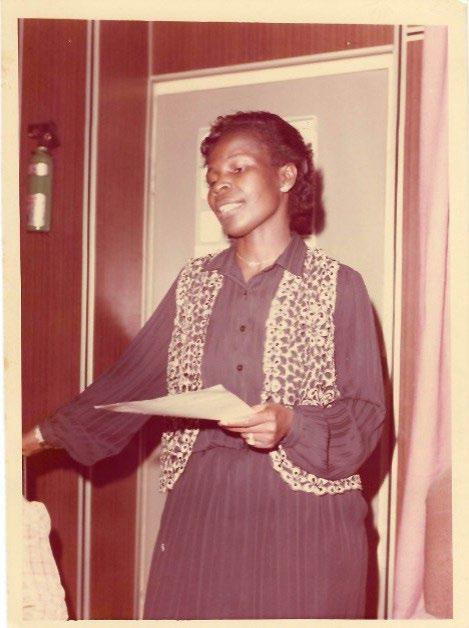
“ Generally, people think they know it all and don’t want a mentor, but we went out of our way to talk to a mentor back then. You can never know it all, and the people at the start know a little bit more... It’s like a baby; even to start eating, somebody has to teach a baby how to eat. I have no regrets that I purposely attracted a mentor, and she served me well. If anybody thinks I’ve passed something on to them, I’m happy to hear about it.”
I did. I could say, “this person is not fit; I’ve heard from his colleagues, so we’re not putting his name,” because I was the one to make the recommendation to the Governor for him to appoint.
After you left office, you came back to your practice, and you’ve been doing that since then until now, — 81 years old. We are seated here in your office. I spoke to your son, and he says you actually come into the office before him. What motivates you?

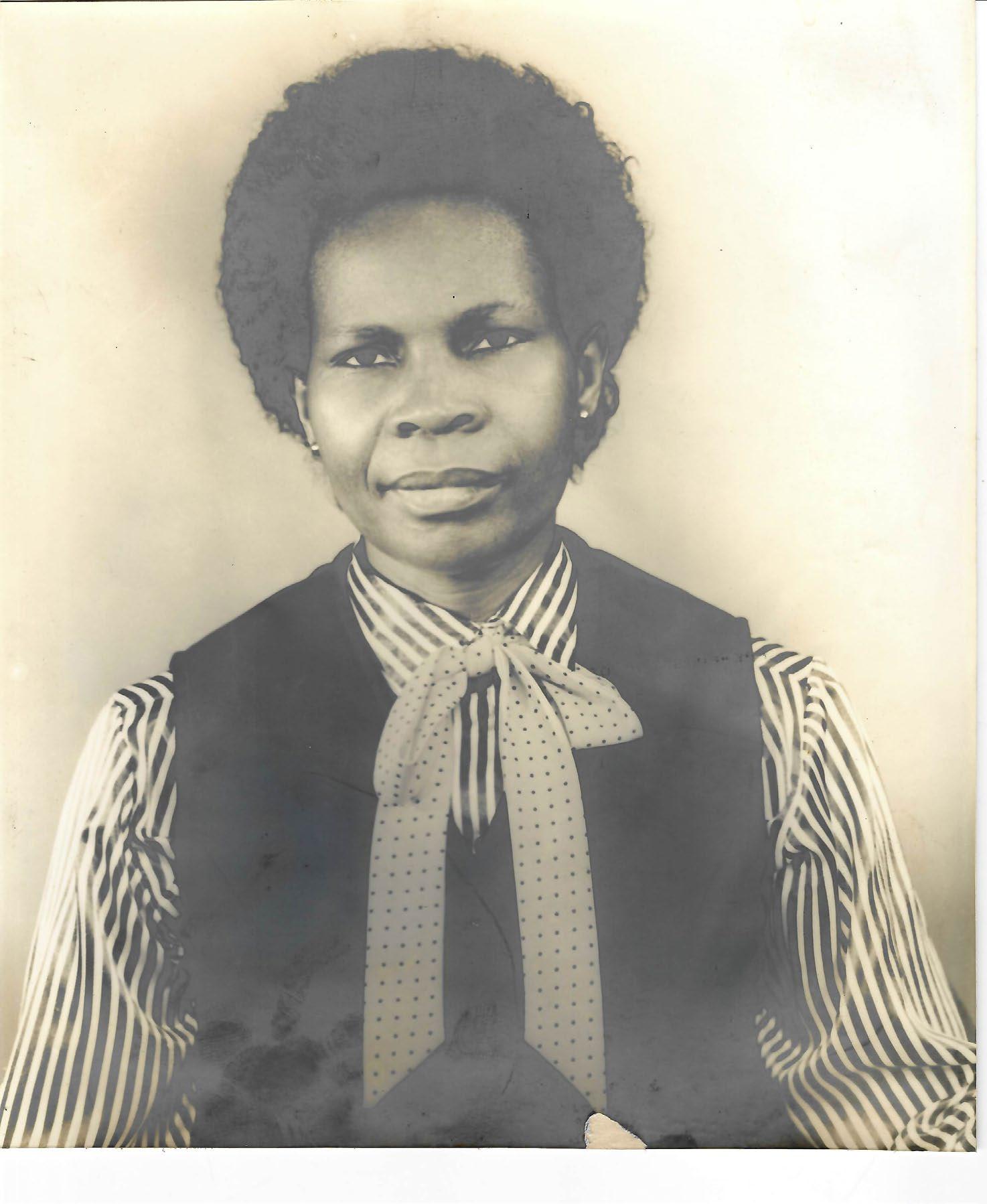
Coming in early— I’ve always resumed office at 8 o’clock. In fact, when I went to
The first thing is money. Most people think once you are a rich man, even when you know that your client doesn’t have a good case, you are able to charge because the man is in serious trouble, but you will not have a good defence. You cannot speak the truth. Justice is based on the truth. You cannot advance justice and the rule of law if you do not speak the truth. They are thinking too much about themselves, not about the profession. To me, it’s an honour to be a lawyer, and I think that gives me confidence. The day I became a lawyer, my confidence tripled. I could face anybody, even though they were elderly or in high office, and I would say, “excuse me, sir, it is not like that.” But many of us, because of money and status, they’ve lost it. So we are reducing the efficacy and importance of the profession to the ordinary man, so everything you do now, the ordinary man can do it because you’re not doing the right thing. You hear of judges taking bribes. Yes, we know of some of them because when you read their judgment, you know it’s not according to law; you know something has happened. We hear stories of some judges writing two judgments and giving them to the highest bidder. And, of course, the public that you are serving knows. They tell each other. That’s why we have the nickname lawyers are liars. I worked with Olusegun Obasanjo in two different capacities. I am the first lawyer in Independent Corrupt Practices Commission(ICPC). My colleague, Mr Akin Delano and I actually drafted the ICPC law. But they amended it to something else. What would you say is a legacy you would like to leave behind? I think the only legacy is somebody who served in truth and justice— that’s what I titled my memoir. You must have confidence that this is the truth as you see it, as you know it; no matter who it offends, you do your best according to the law of the land. Sometimes, the law may be mistaken, so you do justice as far as is humanly possible to everybody on the same level. Everything is firmly based on justice and truth because, in the end, if you do
otherwise than truth, the moment truth comes out, everything is finished. Let’s talk about mentorship. Do you have a mentorship programme?
We have one now formally with the Law School. Three other lawyers and I had a session last year, and we’re very happy it was successful. The students enjoyed it, and we will repeat it. Generally, people think they know it all and don’t want a mentor, but we went out of our way to talk to a mentor back then. You can never know it all, and the people at the start know a little bit more. That is why we mentor. We can sift and get the best out of them. It’s like a baby; even to start eating, somebody has to teach a baby how to eat. I have no regrets that I purposely attracted a mentor, and she served me well. If anybody thinks I’ve passed something on to them, I’m happy to hear about it.
VOL 3 NO. 10 • MARCH 05 - MARCH 11, 2023 THEWILL DOWNTOWN • www.thewilldowntown.com
COVER
Receiving National Honour of OON
Attorney General and Commissioner for Justice of Lagos State Jan 1984 to Sept 1986
General Secretary of the Nigerian Bar Association (1981 – 1983)
MADAKI'S CHEST OF LUXURY
EDDIE MADAKI

The Perfect Meal and Whisky Pairing With a 26-Year-Old Single Malt Scotch


can save you the hassle of choosing by letting you in on the secret—Cue in Glenfiddich Grande

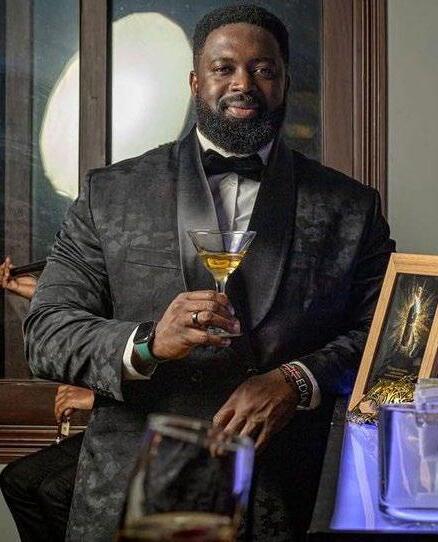
Couronne
26-Year-Old Single Malt Scotch. You generally can’t go wrong with this exquisite choice.
A luxurious whisky such as that offers an exquisite bouquet of unusual notes and unparalleled depth, which you will find with this one, making it ideal for both enjoying on its own and pairings. The deep, rich flavour of the whisky makes it an excellent match for bold and savoury flavours in food.
When it comes to pairing whisky and food, the age-old adage “the right whisky for the right meal” couldn’t be truer. With so many whisky varieties on the market, choosing a whisky that complements the flavours of any given dish can be daunting. Fortunately, pairing whisky with food doesn’t need to be an intimidating endeavour.
This is especially true when it comes to certain types of whiskey. Luckily, we have nosed and tasted many, so we

If you’re looking for an incredibly luxurious meal to pair with this exquisite whisky, look no further than grilled beef tenderloin. The richness and complexity of the whisky will create a harmonious balance with the succulent, juicy beef. For a side dish, consider roasted root vegetables, such as carrots, onions, potatoes, and mushrooms. Roasting these vegetables will bring out their earthy and naturally sweet flavours, which perfectly complement the bold, smoky notes of the whisky.

Adding a bit of spice to the meal can also highlight certain flavours of the whisky.
Try pan-frying some jalapeños and adding them to the roasted root vegetables. The heat from the peppers will bring out the warming and full-bodied character of the whisky. Alternatively, if you’re not a fan of spice, try adding some fresh herbs to the vegetables, such as rosemary and thyme. The herbaceous notes of the herbs will add another layer of complexity to the whisky. For dessert, why not indulge in a rich dark chocolate tart? A dollop of freshly whipped cream on top will bring out the natural sweetness of the whisky and make it an unforgettable experience. But if chocolate isn’t your thing, a classic apple pie with its cinnamon-dusted crust and aromatic apples would also be the perfect way to finish the meal.
No matter what meal you decide to pair with this exquisite whisky, make sure to sip and savour each sip slowly. The complex and intense flavours are best experienced when given the time and attention they deserve. Enjoy the depth and complexity of the whisky and let the flavours of the whisky and food intertwine for a heavenly experience.
The Glenfiddich Grande Couronne 26-Year-Old Single Malt Scotch is perfect for luxuriating with a memorably delicious meal. Whether you’re looking for a romantic dinner for two, a special occasion, or just a chance to treat yourself, this whisky will provide an unforgettable experience with the proper meal.
PAGE 11 THEWILL DOWNTOWN • www.thewilldowntown.com VOL 3 NO. 10 • MARCH 05 - MARCH 11, 2023
QUICK SKINCARE ROUTINE
TO IGNITE YOUR GLOW FOR INTERNATIONAL WOMEN'S DAY
BY DORCAS AKINTOYE
International Women's Day is a few days away, and what better time to prep your skin for that new photo you want to take to commemorate the day? Treat yourself with extra love; it's an opportunity to set aside some time to pamper yourself. You deserve it. Nothing beats the feeling of glowing and illuminating skin. It doesn't matter whether you are extremely busy; take time to pamper your skin. It's a lot simpler than you think, as you don't need a time-consuming routine with so many products. Below are quick and easy steps to help your skin look healthy and glowing.
1 2 4
BEGIN WITH A GENTLE FACIAL CLEANSE AND EXFOLIATOR
Begin your skincare routine with a gentle and thorough cleanse, more like a soothing massage. Facial cleansing is meant to remove the dirt and grime that has attacked your skin overnight and during the day.
After cleansing away any form of dirt on the surface of your skin, it's time to go a bit deeper by applying a perfect exfoliating cream or powder meant for your skin type on your skin. By doing this, you will find your skin feeling softer and smoother.
LOCK IN HYDRATION ALL OVER YOUR BODY
After cleansing and exfoliating your face, the next thing to do is to focus on your body. All you have to do is to take a candlelit bath and exfoliate. When you are done, lock in that moisture and prevent your skin from drying out.

In case you don't know, the perfect time to apply a facial mask is during a bath, and there is a variety of them; whether turmeric, cucumber, honey, coffee, or aloe vera, a few ingredients are great to get you an instant glowing face.
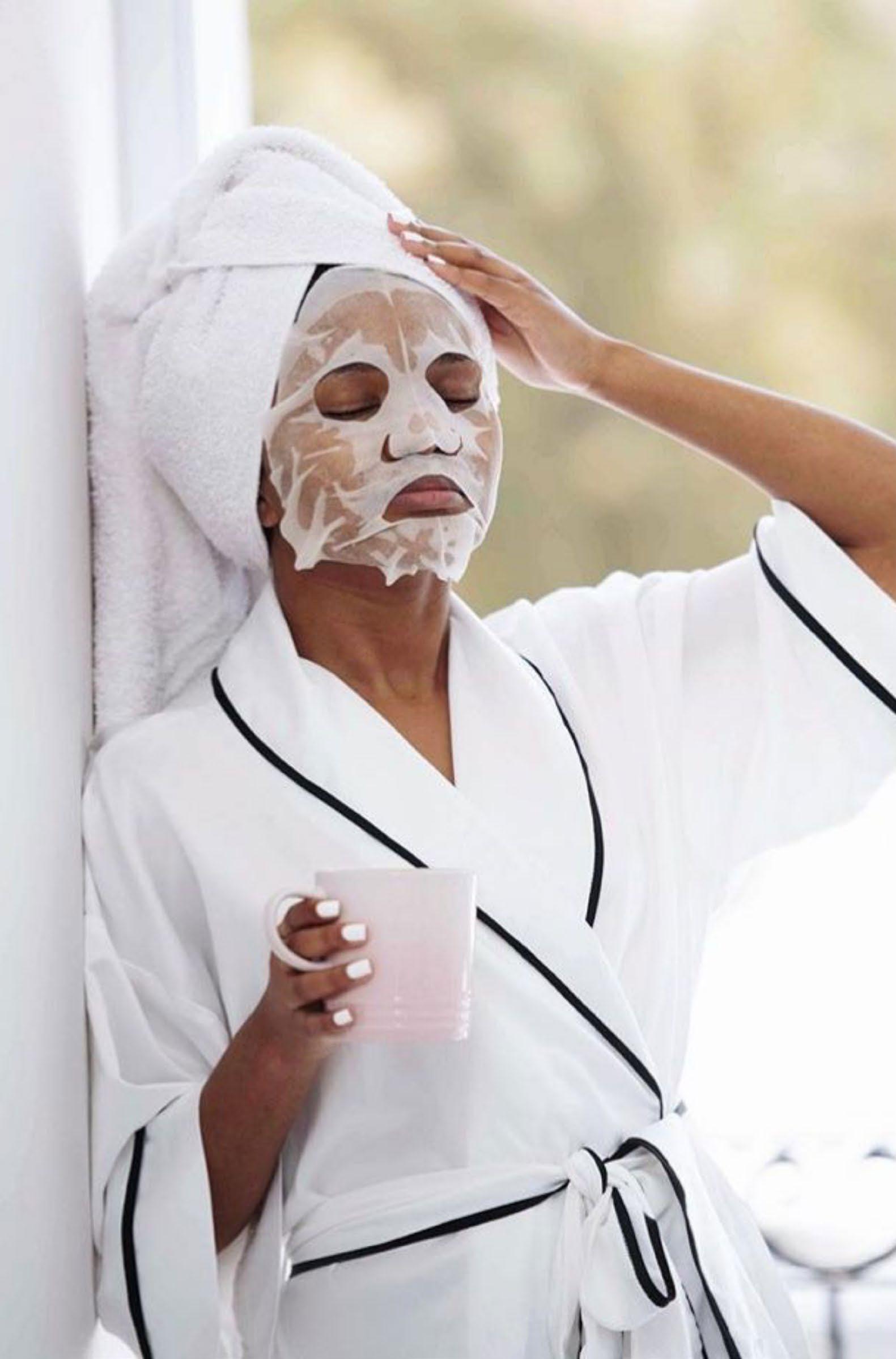
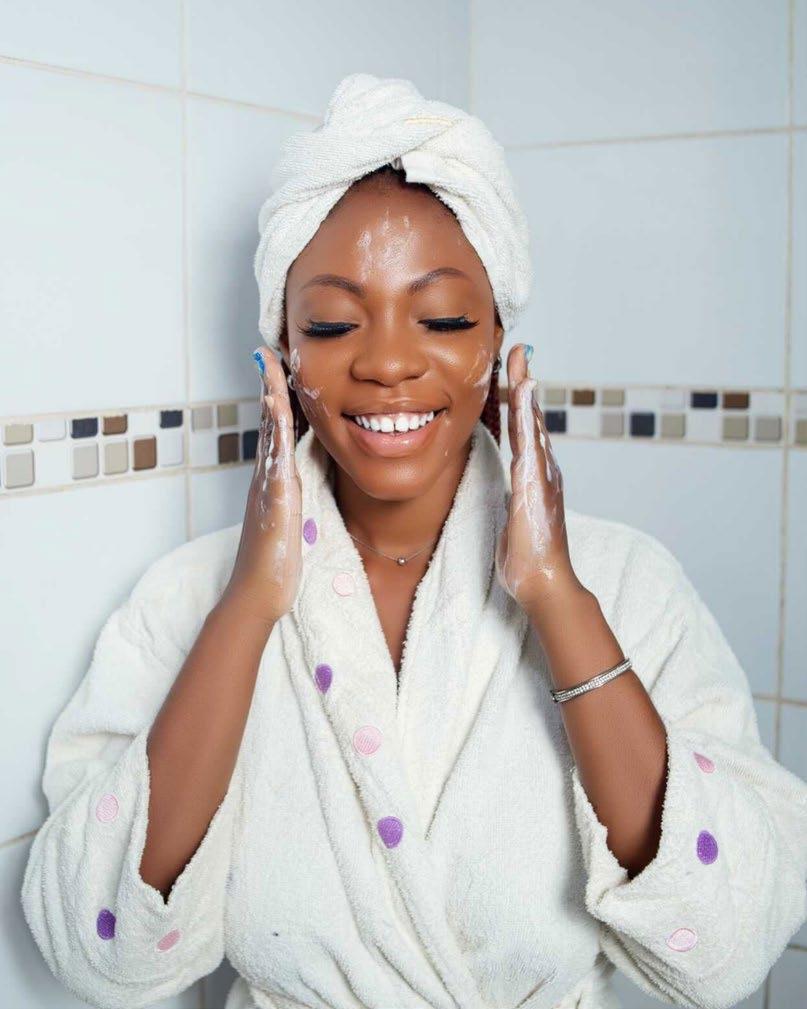
When you are out of the tub, reach out for your favourite lotion and use it on your body for an extra burst of hydration. After your body has been fully moisturised, it's time to take off the facial mask. Remove the mask slowly and massage the leftover essence into your skin around your temples, orbital bones, and anywhere else you choose.
DON'T FORGET YOUR EYES
Now that you've taken care of your body and most of your face, remember to care for your eyes. Doing this will improve the

REMEMBER TO ADD THE FINISHING TOUCHES
All that's left now is to add the finishing touches. It doesn't matter whether you plan on keeping your skin allnatural or you want to glam it up; make sure to prime your canvas with any facial serum of your choice. Double serum by Clarins is a also a great one to use here. They help smoothen and soften fine lines, leaving your skin looking pristine and polished. Now, you're ready to head out, bare-faced and beautiful. Better still, you can start layering on your foundation. The choice is yours.

VOL 3 NO. 10 • MARCH 05 - MARCH 11, 2023 PAGE 12 THEWILL DOWNTOWN • www.thewilldowntown.com BEAUTY
INEQUALITYINTHEKITCHEN
A LOOK INTO THE MALE-DOMINATED CULINARY INDUSTRY
 BY KEHINDÉ FAGBULE
BY KEHINDÉ FAGBULE
Aswe enter a time when more people are questioning things, and the gospel of feminism is beginning to spread to those who care enough to be at least involved in the conversation of gender equality, one question has been recurring through it all: ‘Who should cook in a family?’ Depending on who you ask, the answer is pretty straightforward.
In the patriarchal world that we live in, gender norms were formed to dictate to people what to do. One of the most prevalent family dynamics is that women are caretakers of their households, so everything that concerns the upkeep of it, especially feeding, is her task. So far, this phenomenon has kept the average woman boxed in as a potentially perpetual house cook. Did I say ‘the average woman?’ Remember in 2016 when our commander in chief, President Muhammadu Buhari, basically relegated his wife, Nigeria’s First Lady, to the kitchen? Definitely not the average woman.
During a press conference with then-German chancellor Angela Merkel, President Muhammadu Buhari was clearly miffed at being asked about criticism of his government’s performance by his wife, Aisha Buhari. He responded by reminding Nigeria’s first lady where her place was: in his kitchen, living room and “the other room”. This sparked a global conversation as most people online think he was wrong for making blanket statements like that. But this is how the majority of the country thinks.
One of the many biases women face is the expectation of being completely domesticated. The notion that women belong in the kitchen has existed since the beginning. When discussing what each marriage party brings to the table, the duties allocated to women are often similar to the KPIs designed for a househelp. One would think the food industry is at least a market that women dominate.
According to a list published by wealthygorilla.com, only three women are ranked among the world’s top 20 best-paid celebrity chefs, enunciating the ridiculously huge wealth gap within the culinary industry.

In the United States, according to the Labor Department, while more than half of culinary graduates are women, fewer than 20 per cent of working chefs are women. The figures are even more staggering when talking about leadership. Women comprise just 7 percent of head chefs and restaurateurs across the country today.
For female chefs in the UK, the specific pressures they have been under for so long — logistical and financial difficulties surrounding maternity leave and childcare and a perceived connection between one’s ability to do the job and physical strength — have been compounded to a new degree by the widespread workplace impact of the pandemic. While it is clear that the problem is systemic, the unforeseen challenges of the last 16 months have brought with them disproportionate burdens on women, which are, for many, entirely and depressingly predictable. “I think it’s almost expected of women that, if you’re going to be in this man’s world, we need to see you be a bully,” says London-based pastry chef Taylor Sessegnon Shakespeare.
In Nigeria, where women have been ordered to find a home in the kitchen, although women heavily populate the food industry on the small-scale spectrum, the country’s most prominent chefs and restaurant owners are men. Cooking is one of the most essential skills for survival. Regardless of gender, feeding is non-negotiable, and so is sourcing for food. As Chimamanda Ngozi Adichie wrote in Dear Ijeawele, or a Feminist Manifesto in Fifteen Suggestions, “The knowledge of cooking does not come pre-installed in a v-gina.”
PAGE 13 THEWILL DOWNTOWN • www.thewilldowntown.com VOL 3 NO. 10 • MARCH 05 - MARCH 11, 2023 CULTURE
CHEF IMOTEDA ALADEKOMO
ARAFA UKONGA IS EMPOWERING WOMEN THROUGH DANCE, CLOTHES AND EVERYTHING ELSE
BY ONAH NWACHUKWU
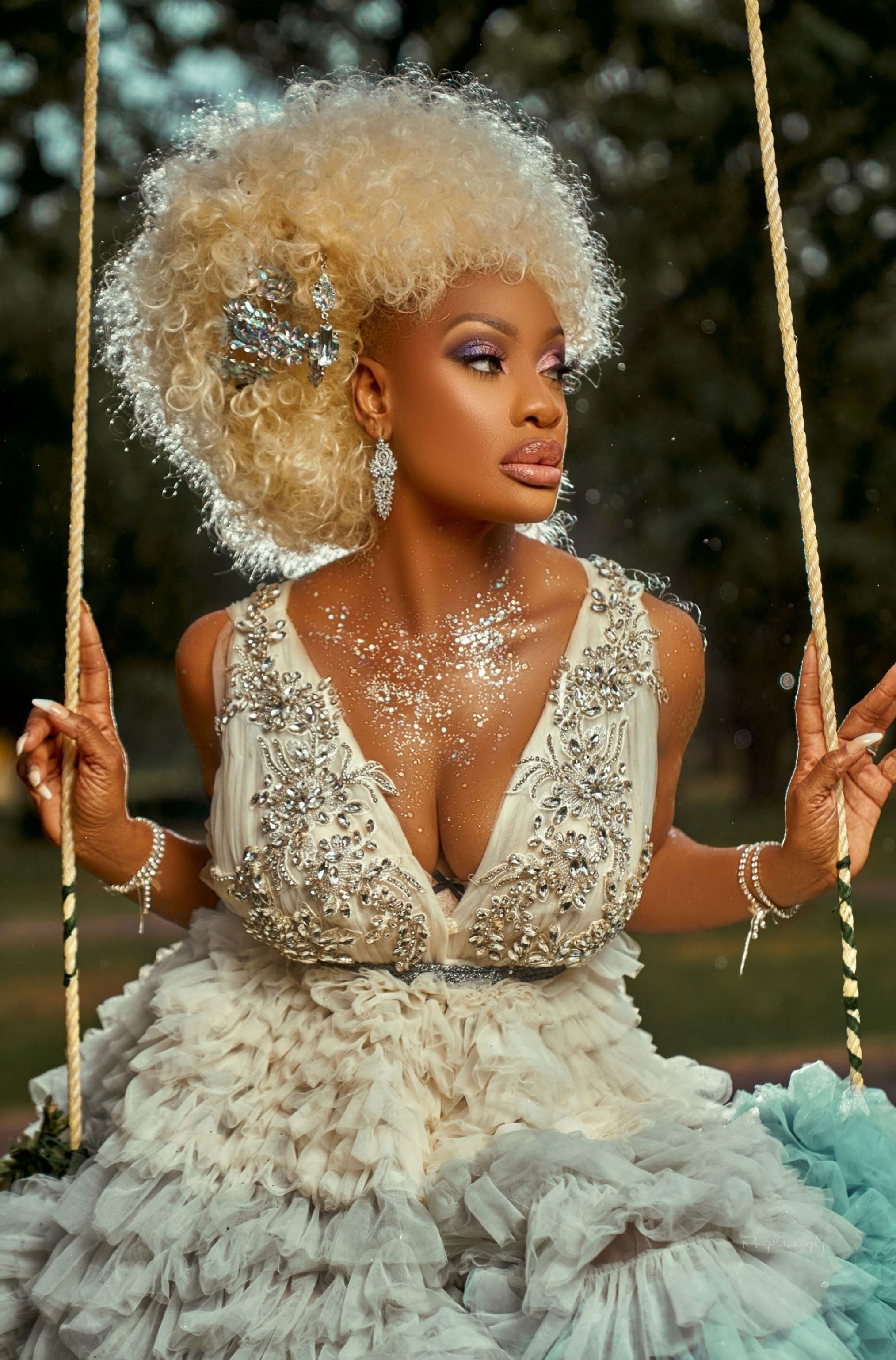
Women’s empowerment takes different forms. From how the law views them to what society makes of their outward appearance, it is clear why women have always been considered a marginalised group throughout history—the playing field is simply not even. However, this doesn’t stop women from lifting each other in whichever way they can; we see that take shape differently. For Arafa Moma-Ukonga, a cast member on the Abuja instalment of the Real Housewives franchise, empowerment of women’s outward appearance is central to her passion-driven enterprises. Between clothing and poles, her business of minding women’s business is about to get deserved exposure courtesy of her casting on the dramatic reality TV show. She speaks with DOWNTOWN’s Onah Nwachukwu on life before the show, what she aims to get out of it and how she is helping women find their superpower.
be body-shamed and just be conscious of your body. So I decided to start up something to boost women’s confidence about their bodies and help them recover from that phase of being married, being a mum, and feeling ugly to say no matter what size or shape you are, you can still live your life, you can still be confident about how you look so far as you feel that way.
What was your husband’s reaction when you decided of all the dance genres, you would start a pole dancing studio?
You are a businesswoman; what line of business are you?
IOwn a lifestyle company called Selara Lifestyle, and under that, it has a subsidiary of baby companies. We have Selara Casuals, my clothing line. Selara Shack, my healthy café. Selara Stilettos Studio is my sensual and pole dancing studio for females only.
Which of all the businesses you own would you say is your favourite?
I’m quite passionate about the studio actually.
Right from when I was growing up, I’ve always loved dancing. I remember my sisters and aunts would just put on music and make me dance; I used to be the entertainer of the house. Now growing up, getting married and having kids, my body was just not the same after the change, and I was so conscious. In fact, I am still conscious, but not as bad as I used to be. And I could understand how other married women would feel. I am someone that is quite out there, and to now have gone through this process and come out of it and
I got into pole dancing through my older sister, Nene. I had gone to visit her, and she had a performance, and I was like, “seriously?” As I watched them perform, I kept thinking, ‘if only I could look like that and do what they were doing.' So I just started taking classes of my own, and one of my instructors, who really used to push me, motivated me that I could be a Zumba instructor because she saw that I really liked to dance. She— my instructor, Sharon, used to teach Zumba and pole dancing together. She was my mentor in the whole thing. She then motivated me to be consistent and keep taking classes. So I started taking classes and would come back home. I started with one pole in my house. My husband used to see it and thought it was fun, so I was just like, “can you imagine me opening up a pole studio and teaching women how to pole dance and each woman having a pole in their bedroom, so the husbands don’t have to go out and look for it outside?” When I started it as a business, he didn’t really frown upon it because he understood what it could do. So for him, it wasn’t
VOL 3 NO. 10 • MARCH 05 - MARCH 11, 2023 PAGE 14 THEWILL DOWNTOWN • www.thewilldowntown.com FEATURE
a big deal how I transitioned from my own bedroom because, basically, I just want to help married women.
So it’s focused on married women?
Married women or women getting married mostly. Especially here in the north, where being a second or third wife is common, the women are constantly thinking, “what do I need to do to get my husband’s attention?” And I’ll be like, “just be you and bring it. Just have something special,” I call it a superpower.
One of the businesses is clothing. Is it mostly casual outfits you make?
Yes, mostly casual outfits. My sister and I started the business. Somehow, if we are going to do a fashion show, we would put together a collection of our casual pieces and just tweak them. I don’t sew; I just do casual ready-to-wear pieces that people can just come into the store and pick up. Most of my businesses are passion-based and just trying to bridge the gap between the need. I noticed that, especially in Lagos, people are lucky; there are like a million stores. But here in Abuja, people feel like Abuja is a power city and everybody has money. I want to walk into a store and buy an outfit that I’m going to wear that night and be able to go back into the store again the next week. Pieces that people could just pick up without having to break the bank but still look good.
As I said earlier, my sister and I actually started it together, and we found it really difficult trying to find things that could fit us because of our body shapes. Even when we go to the stores to buy pieces because the top and bottom are completely different, we have to buy a small top; meanwhile, my bottom is like an extra large. So it’s like people don’t make things for women like us, so why don’t we do it? We like clothes, and we like fashion, so we thought, ‘why don’t we do it and make it affordable?’
When we started, we called it ‘Selara 10k Casuals,’ so everything
Unfortunately, because of the country we live in, we had to drop the 10k and leave it at Selara Casuals because some princes jumped up due to the economy, and we couldn’t maintain that. But our things are still pretty much made so that every woman can afford them and look good without having to break the bank.
You mentioned how you would always entertain your family growing up. Is that why you agreed to come on the Real Housewives of Abuja show? Why do you think they reached out to you?
I guess so. It was a different producer that actually reached out to me. The video that leaked, most people didn’t know, was just an audition tape, so it wasn’t the final cast. There were different production companies actually
company that produced the Lagos edition that did. When they reached out to me, they were like, “okay, we know you’ve been in Abuja for a while, you’re also an entrepreneur, you have businesses, and we feel that you will be able to add to the show,” and I was like, “me? What do I have to offer? I don’t think I will be able to do it.” And the lady said, “do you know you are the only one with a pole studio in northern Nigeria? So what do you mean?”
And I was like, “I’m shy”, as I blushed. She said, “don’t worry, we know you are shy, but you will do well in the show.” So I auditioned, and they reached out to me, saying they saw my audition tape and would like me to be a part of the cast. I was initially nervous, but I was excited because I had been trying to reach a wider audience in Abuja with what I offer. Many people still don’t know I have a pole studio and all the things I do, and there’s only so much publicity I can give myself. So it was a no-brainer for me once my family was on board with me to go ahead and do the show.
What do you hope to get from the show?
I want to sell my market; that’s what I hope to get from the show [laughs]. I basically want to touch lives. I’ve always been about empowering women; we learnt that from our mum. Even when we started our business, it began with Selara Faces, and it was a Makeup and Skincare brand we had basically to empower women to make them feel good about themselves. And we always used to give back to the children’s home. The goal is to help women, and I hope that once I’m gone, the memory I will leave behind is that I imparted lives.
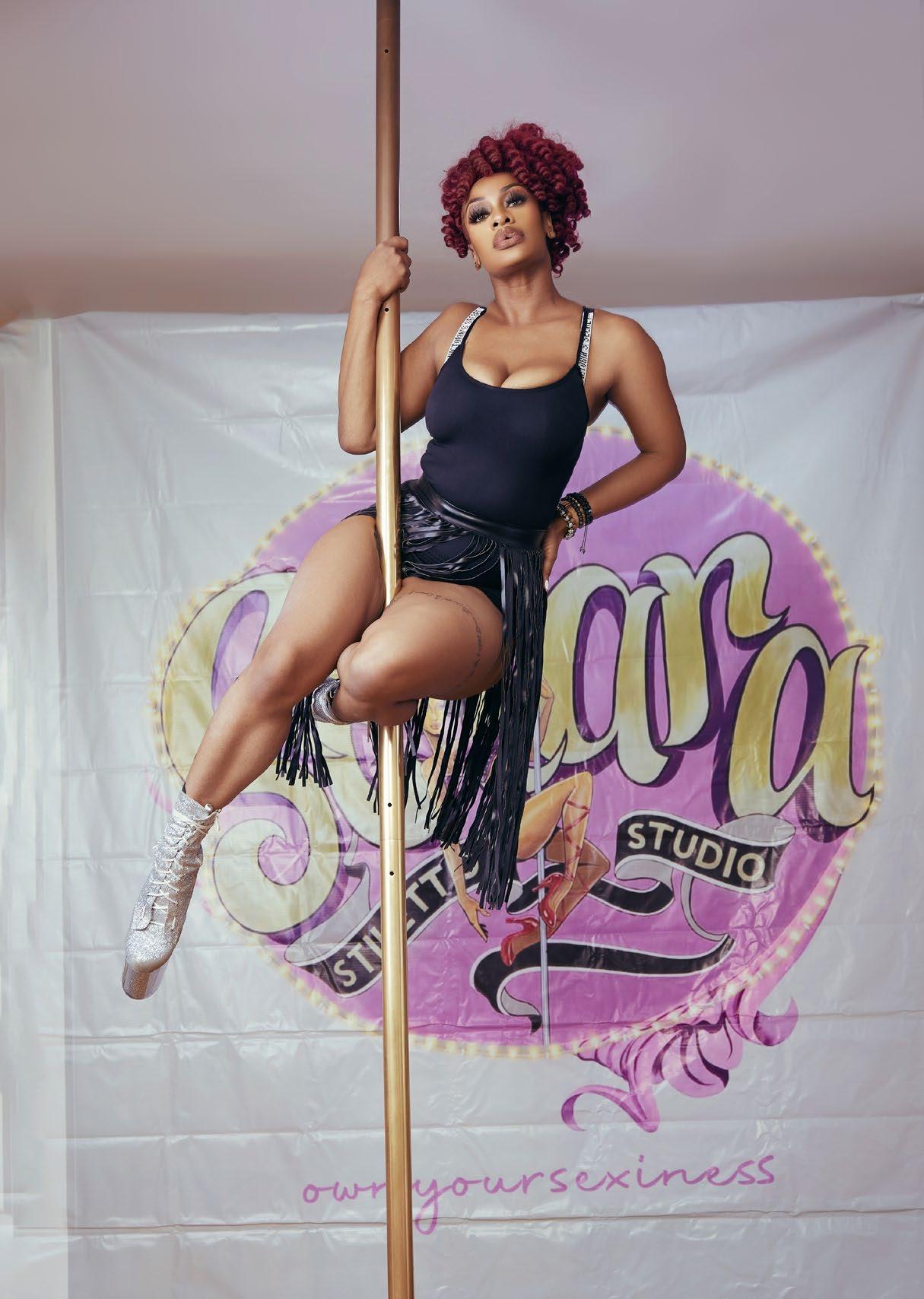
Are members of the cast of the Real Housewives of Abuja actual friends, or are some friends and others not?
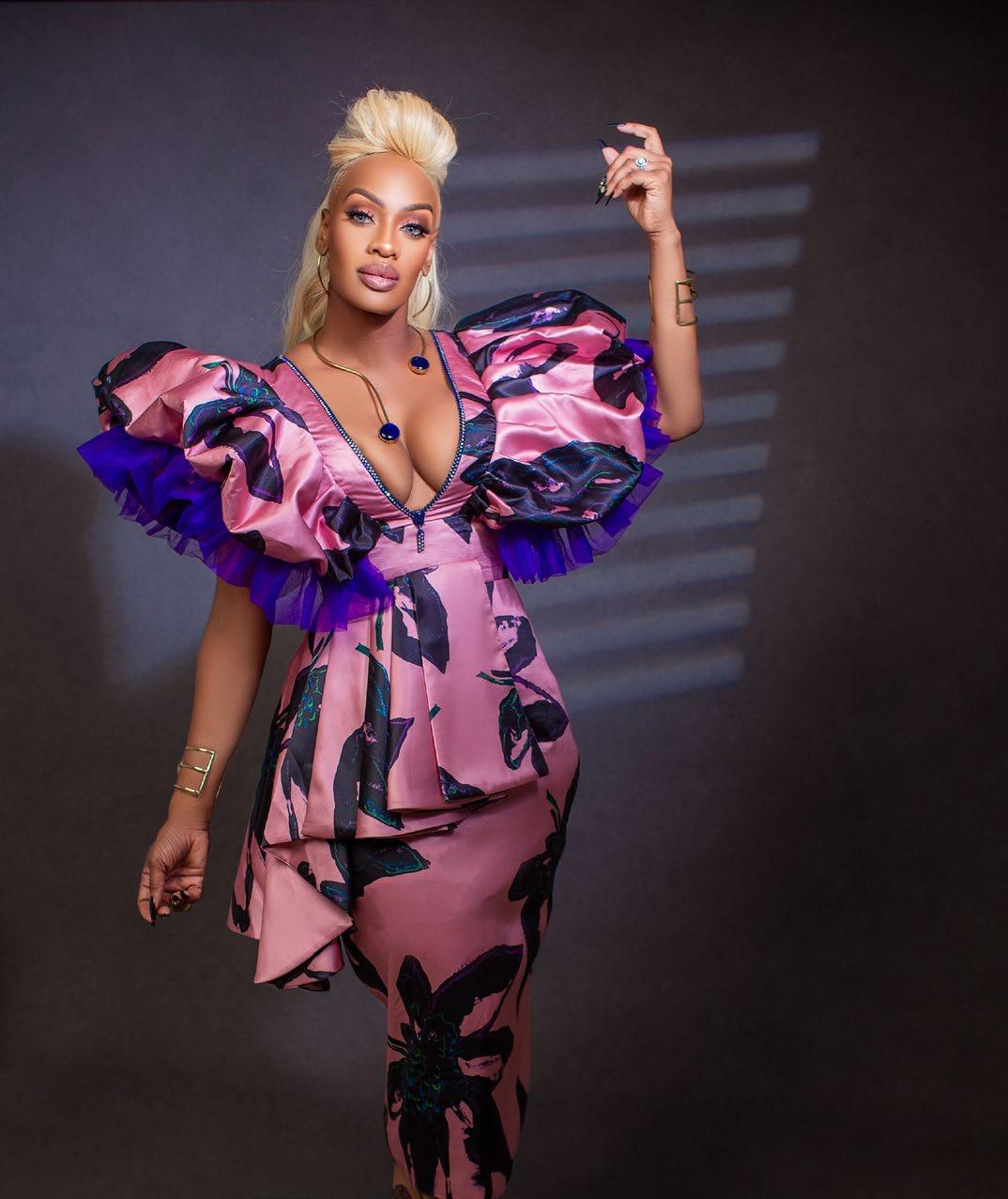

Some people on the show are friends, and some just got to know each other. Most of us have heard about the other person, so yeah, they have some friends on the show, and then they have some of them just like me [laughs].
What do we hope to see in this first season?
The drama the guys is on already. Lagos has nothing on us. The difference is that we kept it classy, we did have the gbas gbos, but it was never a matter of physical fighting or any of that nature. Tune in; there is a lot. People think about Abuja as being laid back, but we brought it.
I saw a clip and was like, “okay?” So we are going to see sides of you we’ve never seen. Oh my God, yes! I know the clip you are talking about. Even I felt so embarrassed. But you know how you media people do. That was my main drama. There’s so much for you guys to see, fashion, and so much to see and learn from.
I bet your husband has also seen some more clips of the show. What is his reaction? If there were to be a second season, would he continue to be on board?
To answer that question, let’s wait until he finishes watching season one. To be fair to him, he didn’t want me to do the show at all. He is still not about it at all, but he’s like, “I know you’ve always wanted to do this.” Growing up, I always wanted to act, and my parents, especially my dad, may his soul rest in peace, were like, “we are not going to be paying dollars for you to go and be acting in America.” I have always wanted to do this, and he, my husband, has known. So he didn’t stop me because he was like, “I don’t want to kill your dreams; I know you’ve wanted this, but left to me; I am not ready to have our family out there like that. But at the same time, I know why it is important for you to do it.” But when he watched the premiere and saw the introduction video, he was like, “why is your ass out everywhere?” [laughs]. And I was like, “babe, I was dancing.” And he was like, “couldn’t they not zoom in?” I was like, “The same way I’m trying to sell my market; they are trying to sell theirs too, so hey.
You said in your intro clip that you are a Jesus girl. Many Christians would question if a Jesus girl would dress that way. What is your response to that?
For me, what is the definition of a Jesus girl? A Jesus girl is somebody that loves Jesus. Yes, I am a party girl, but Jesus doesn’t come for the righteous; he comes for the sinners. So yes, I am a Jesus girl. I love Jesus very much, and as I explained earlier, what I’m doing is to help. You can’t see a swimming or gymnastics coach, for example, not wearing the outfit they should wear when teaching. So it’s not like I’m always dressing with my butt out, but I was in class. If I’m in class, it’s going to show. What I’m going to say to them is that I am a Jesus girl, and Jesus came for sinners and I am a sinner, so hey.
ADDITIONAL REPORTING (INTRO) BY KEHINDE FAGBULE
PAGE 15 THEWILL DOWNTOWN • www.thewilldowntown.com VOL 3 NO. 10 • MARCH 05 - MARCH 11, 2023 FEATURE
BY BOLUWATIFE ADESINA


MOVIE REVIEW:
Ant-Man and the Wasp: Quantumania WATCH OF THE WEEK
(The


The performances are a very mixed bag, with Paul Rudd and Jonathan Majors as Kang the Conqueror being the standouts. Paul Rudd’s infectious, everyman energy is as always, perfect for the role. He handles the more emotional beats as well, but his chemistry with Evangeline Lily’s Wasp is nearly nonexistent. Newcomer Kathryn Newton as Cassie was definitely the character that worked the least for me. Her lack of comfort in a fully CG environment in a few scenes was rather obvious. The rest of the wider supporting cast were genuinely poor, with special negative acclaim going to Bill Murray’s boring attempt at the Jeff Goldblum Grandmaster character from Thor: Ragnarok.
BIG BOOK OF LIES
Longbilled as a critical cog in Marvel’s Grand Plan for the future following the culmination of their decade long Infinity Saga, Ant-Man and the Wasp: Quantumania (still quite mad about the missed QuANTuMANia marketing opportunity ) is emblematic of the issues that have been plaguing the MCU since the end of Phase 3.
The first two Ant-Man movies were breezy, easy palate cleansers that covered very streetlevel MCU stories. At the time, these movies were bearable because the overarching project had tentpole stories golding up the MCU to allow these smaller stories to flourish. With those tentpoles gone (or drunk, as Thor:Love and Thunder clearly was), the onus has fallen to the smallest (heh) character in the entire franchise to set the course for the future of the entire franchise. Sense a problem?
The film follows the Ant-fam and their adventures as they get pulled into the quantum realm via a rather convenient plot contrivance. They arrive in the quantum realm and Michelle Pffeifer’s character, the one person who could explain what is going on, decides not to for some reason. Why? Who knows. The quantum realm itself does look rather bland and uninspired


The one saving grace of this movie is the performance of Jonathan Majors as Kang. It’s easy to see why he was chosen for the role. His character emits an intensity that speaks volumes to the (supposed, we barely s) history behind the character. However, like the rest of the cast he’s given a paper thin script to work with. Majors is definitely capable of being the big bad of the MCU going forward, but having said big bad get beaten by Ant-Man,of all people immediately removes whatever mystique he had. Imagine Thanos’ first appearance being getting whooped by Spider-Man and you start to see the problem here. The movie has all the issues that have plagued recent Marvel releases and at this point the formula that has brought about these films needs to be rebuilt from the ground up.
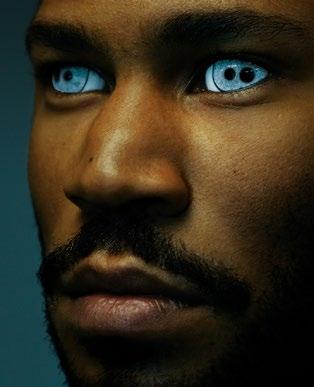
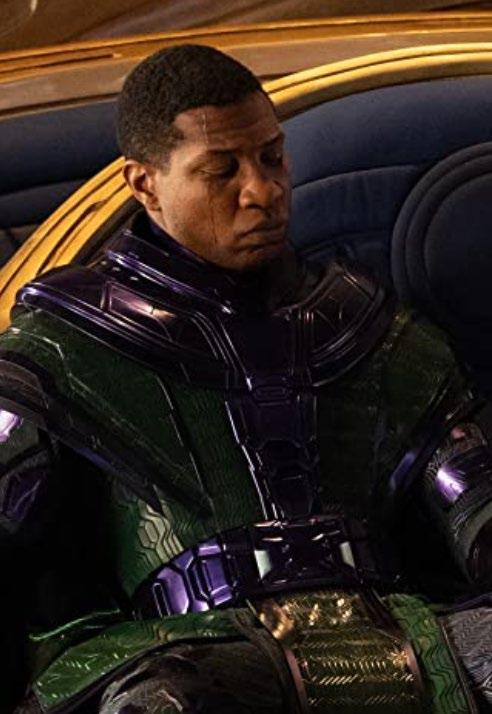
Overall, Ant-Man and the Wasp: Quantumania is a film carrying too much weight. The breezy, smaller scale stories that made this sub-franchise a joy to watch have been swapped out for generic, long drawn out battles with no emotional stakes. The big start to Phase 5 has come and gone. Guardians 3 has a big job to do.
5/10
Big Book of Lies is a Nigerian drama series that follows the events of a bridal shower gone awry. The show explores themes of friendship, betrayal, and secrets and features a talented ensemble cast. The first season introduces us to Agnes, the queen of Nigerian blogs, who gathers with her friends for her bridal shower. However, unbeknownst to her, her best friend Latifah is having an affair with her groom-to-be, Somto. To make matters worse, a former friend and now enemy, Folake, who has rigged the apartment with cameras, also attends the event. The drama and tension of the show build-up from the beginning as secrets are exposed, and relationships are strained. The show does an excellent job of keeping the audience engaged with its clever plot twists and turns. Despite its many subplots, the show manages to keep the audience's attention and never loses its focus. The show's characters are well fleshed out, with each having their own unique personalities and quirks. Agnes, the main character, is a well-known blogger who has made a name for herself in the online space. She is confident and self-assured, but the revelations that come to light during her bridal shower shake her to her core. Latifah, on the other hand, is a supportive friend who has a secret affair with Somto, Agnes's fiancé. Folake, the former friendturned-enemy, is cunning and

manipulative, always looking for ways to exploit situations to her advantage.
The show also explores themes of abuse and mental health. Agnes's relationship with Somto is called into question when videos of their private moments are leaked to the public. Her friends try to convince her to cancel the wedding, but

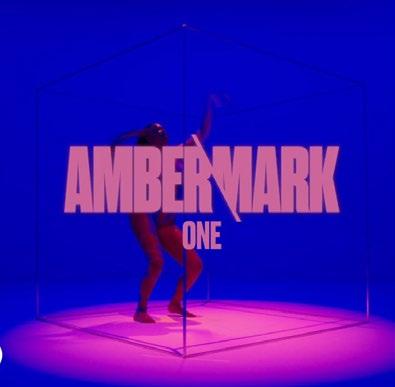
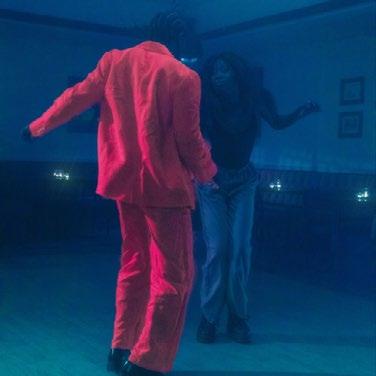
Agnes is adamant that it is just a kink. The show does a good job of depicting the complexities of such situations, portraying the different ways people react to abuse and how it can affect their mental health.

The show's production is top-notch, with excellent camera work, lighting, and sound design. The setting of the bridal
shower is wellexecuted, with the lighting creating a sense of intimacy and tension. The dialogue is sharp and witty, with the characters engaging in clever banter and back-andforth. However, the show is not without its flaws. The pacing can sometimes feel slow, with some scenes feeling overly long and drawn out. Additionally, some of the subplots feel underdeveloped and don't add much to the overall narrative.
In conclusion, Big Book of Lies is a well-written and engaging drama series that explores complex themes of friendship, betrayal, abuse, and mental health. The show's talented ensemble cast, sharp dialogue, and excellent production make for a thrilling viewing experience. Despite its flaws, the show is definitely worth watching, and I recommend it to anyone looking for an entertaining drama series.
KAYTRANADA; Mach-Hommy$payforhaiti (feat. Mach-Hommy)

The Cavemen. - Who No Know Go Know


VOL 3 NO. 10 • MARCH 05 - MARCH 11, 2023
this with your camera to access the playlist (Apple Music) Scan this with your camera to access the playlist (Spotify)
Scan
BenjiFlow - Go
Ayra Starr - Ija
Alvvays - Archie, Marry Me KAYTRANADA; Kali Uchis - 10%
Karen Nyame KG; Mista Silva - Koko
Asa - Mayana
Jesse Boykins III - No Love Without You - A COLORS SHOW
Amber Mark - One
THEWILL DOWNTOWN • www.thewilldowntown.com PAGE 16
Volume, brilliant for The Mandalorian, is 0 for 2 in the MCU).




























 BY KEHINDÉ FAGBULE
BY KEHINDÉ FAGBULE





















 BY KEHINDÉ FAGBULE
BY KEHINDÉ FAGBULE



















